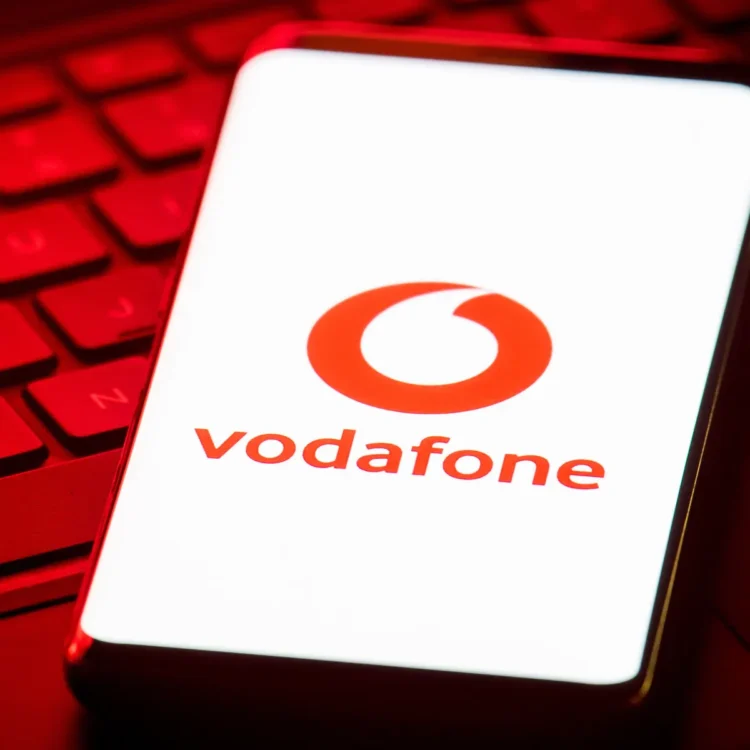By Emily Caulkett-
Mobile network operators including Vodafone, EE and Three have begun phasing out 3G mobile services across the UK.
In 2021, the government made an agreement with the ‘Big Four’ mobile network operators – Vodafone, EE, O2 and Three that 3G and 2G mobile services will be phased out by 2033.
The 3G (and ultimately 2G) services – which have been used since 2003 to deliver calls, texts and data – are being switched off to make room for faster and more reliable 5G networks.
Which? said the switch-off could be problematic for customers using older mobile devices and services that rely on these networks and could mean people will need to buy new phones and/or Sim cards.
According to Which? Vodafone started piloting its 3G switch-off in February and recently confirmed its plans to start the remainder of the phase-out from June 2023.
It confirmed its 2G network will remain in place for calls and texts.
In recent years, there has been a significant shift in the telecommunications industry towards faster and more reliable mobile networks. As a result, many telecom companies have started phasing out their older 3G and 2G networks in favour of newer technologies such as 4G and 5G. Two of the biggest telecom providers in the UK, EE and Vodafone, have recently announced that they will be following suit.
The move comes as part of a wider effort to improve mobile network coverage and speeds across the country. By phasing out 3G and 2G, both EE and Vodafone hope to free up more spectrum space for their 4G and 5G networks, allowing them to provide faster and more reliable mobile services to their customers.
EE has stated that it plans to phase out its 3G network by 2023, with its 2G network to follow soon after. Vodafone has not yet announced a specific timeline for the phase-out of its networks, but it is expected to take a similar approach to EE.
The move is not without its challenges, however. While 3G and 2G networks are becoming increasingly outdated, they still play a crucial role in providing coverage to more rural and remote areas of the country. This is because these networks are better suited to providing coverage over longer distances and through obstacles such as hills and buildings.
In order to address this issue, both EE and Vodafone have pledged to work with the UK government to ensure that all areas of the country continue to have access to reliable mobile coverage. This may involve investing in new infrastructure, such as more mobile masts and small cell networks, to provide better coverage in rural areas.
Another challenge both companies will face is the need to ensure that customers who are still using 3G and 2G devices are able to upgrade to newer technologies without incurring additional costs. This will be particularly important for those who may not be able to afford newer devices or who rely on their current devices for essential services such as healthcare monitoring.
Both companies have stated that they will work with customers to provide them with affordable upgrade options. They have also stated that they will provide support for customers who may be experiencing difficulties upgrading their devices or who may have questions about the process.
While the move to phase out 3G and 2G networks may seem like a big change, it is part of a wider trend towards faster and more reliable mobile services. As the demand for mobile data continues to grow, telecom providers are investing heavily in new technologies such as 4G and 5G to meet this demand.
4G and 5G networks offer faster download and upload speeds, lower latency, and more reliable connections than their predecessors. They also have the potential to support new technologies such as the Internet of Things (IoT) and smart cities, which could have a significant impact on how we live and work in the future.
However, the shift towards newer technologies will not happen overnight. It will take time for telecom providers to roll out their new networks and for customers to upgrade their devices. In the meantime, it is important that efforts are made to ensure that all areas of the country continue to have access to reliable mobile coverage.
2
O2 has not specifically announced when it will close down 3G and 2G services, or whether it’ll be before the agreed date of 2033.
Which? said: “As it stands, O2 will be the only provider still offering 3G network services by 2025.”
Other networks
Virtual networks, such as Giffgaff, Tesco Mobile and Smarty, piggyback off one of the ‘Big Four’ networks.
This means their 3G services will end in line with the parent network.
Virtual networks set to be affected by the 3G switch-off are:
BT
Plusnet
Utility Warehouse
Giffgaff
Sky
Tesco Mobile
iD
Smarty
Asda Mobile
Lebara
Talkmobile
Virgin Media
Voxi
Why are 3G services being phased out?
The number of people using 5G handsets quadrupled in 2021 according to Which?.
The switch-off of 3G and 2G will allow providers more room to operate 5G services.
Switch Off
The USA has already switched off all 3G networks, and other countries all over the world will be following suit over time.
Which? said: “If you are travelling somewhere that has already started switching off its 3G services, you might have issues accessing roaming data.
“If you have an older phone, it may be impossible to make calls, send texts or access data without using wi-fi.




